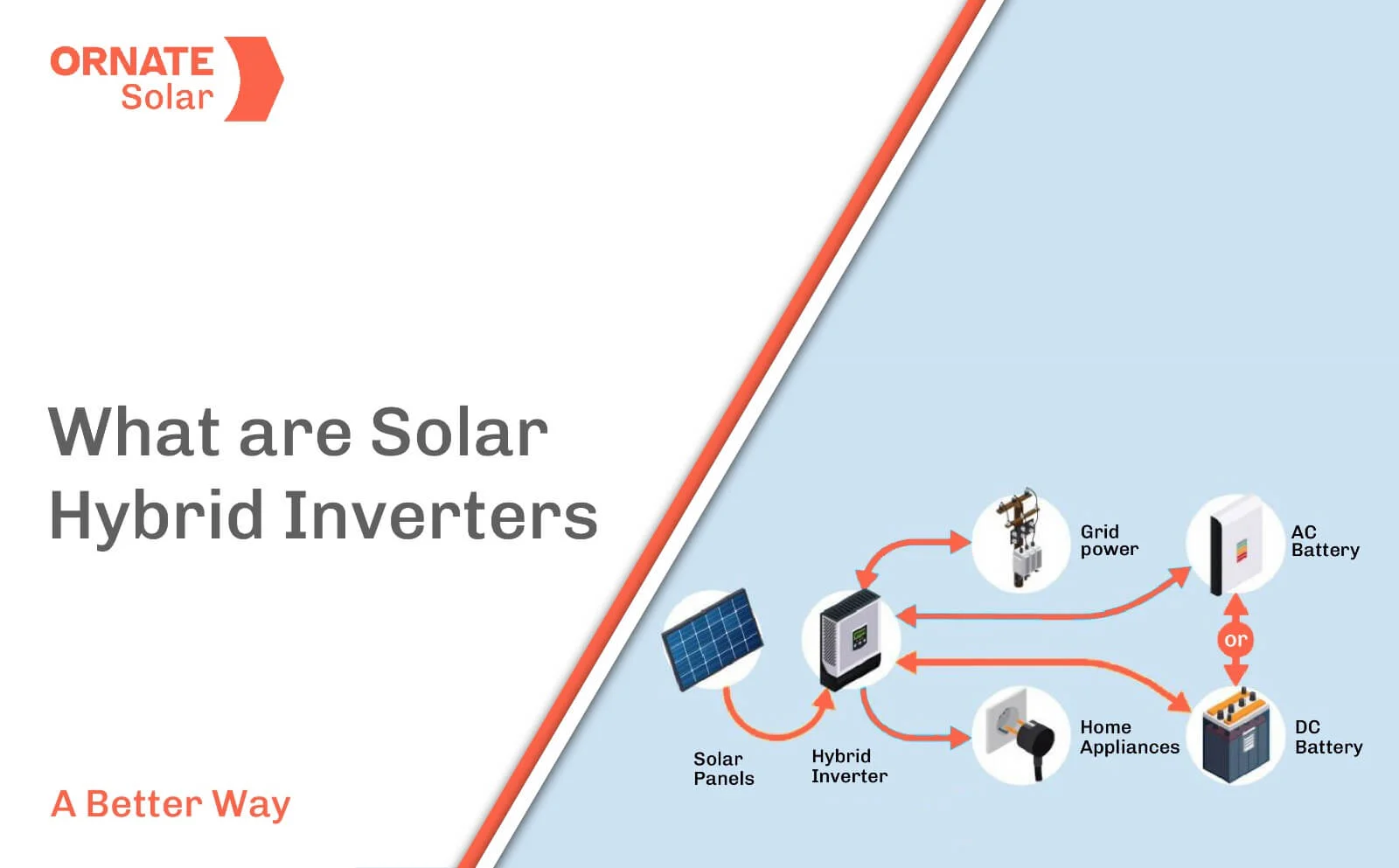

Hybrid solar inverters are the heart of hybrid solar power systems and becoming an essential component of many homes and businesses. These devices offer a reliable solution to ensure constant power supply and reduce dependency on grid.
They seamlessly integrate solar power with the grid electricity and energy storage. These inverters combine the energy from PV panels with grid power to provide reliable power to homes and businesses, even during power outages.
What is a Hybrid Solar Inverter?
It is a device that converts the DC power for solar panels into AC electricity to further its use in our homes and businesses. The crucial power flow management system (PFMS) in them controls the flow of power between the solar panels, batteries and grid power. The PFMS sends the excess electricity, if any, produced by the solar panels to the battery bank for storage.
Once the battery bank is fully charged this system sends the excess electricity to the grid. Also, during a power outage, the PFMS switches to the battery bank to provide backup power. So, these inverters are designed to work in conjunction with solar panels, batteries, and grid power to ensure the efficient and reliable operation of a solar power system.
Types of Hybrid Solar Inverters
- Grid-Tie Hybrid Inverters: These inverters seamlessly integrate solar power and grid electricity, optimizing energy flow between panels, batteries, and the grid while potentially reducing electricity bills through net metering.
- Grid-tie inverters with battery backup: They are used in hybrid solar systems that are connected to the grid and have batteries as a backup power source. With them we can make use of stored energy from the batteries during power outages or during periods of high electricity demand. They can seamlessly switch between grid power and battery power as needed, providing a reliable and uninterrupted power supply.
Hybrid solar inverters have various features that optimize their performance and longevity. Some of these features are described below:
- Battery management system: It optimizes the charging and discharging of batteries, which extends their lifespan and ensures efficient charging.
- MPPT charge controller: It helps in extracting maximum power from the solar panels and transfer it to the batteries ultimately helping in the optimization of battery charging.
- Power flow management system: As described above, it controls the flow of power between the solar panels, batteries, and grid power, ensuring efficient system operation and preventing wastage of excess power.
Apart from the features listed above it has other important traits like remote monitoring, overload and short-circuit protection and automatic voltage regulation, which make them even more efficient and reliable.
Benefits of Hybrid Inverters
- They offer a cost-effective and reliable solution for homes and businesses as they reduce dependency on grid power and help in reducing electricity bills.
- Efficient utilization of solar power by combining both grid-tied and off-grid capabilities.
- Ability to sell excess power back to the grid, resulting in potential financial benefits.
- Scalability and flexibility, allowing for easy expansion to accommodate increased energy demands.
- Hybrid solar power systems also offer energy independence, as they provide a backup power source and reduce the dependency on grid power.
Going Off-Grid via Hybrid Inverters
It is certainly viable to go off-grid using hybrid solar inverters. In a hybrid solar inverter, as mentioned earlier, has PFMS controlling the power flow between the solar panels, batteries and grid power thus combining the functionalities of a standard solar inverter and a battery charger. The batteries in an off-grid hybrid solar system store excess energy generated by the solar panels. This stored energy can be used when there is no sunlight or during times of high energy demand.
It’s important to note that going off-grid with a hybrid solar inverter requires careful planning and consideration of your energy needs. Thus, it is generally recommended to consult with a professional solar installer or engineer to design and implement an off-grid solar system tailored to our specific needs.
Some Drawbacks of Hybrid Inverters
- Cost: Hybrid solar inverters can be more expensive than standard solar inverters.
- Complexity: Hybrid solar inverters require additional wiring and connections, increasing system complexity.
- Efficiency: Hybrid solar inverters may have slightly lower efficiency compared to dedicated solar inverters.
- Maintenance and monitoring: Hybrid solar inverters with batteries require regular maintenance and monitoring efforts.
- System design complexity: Designing an off-grid system with a hybrid solar inverter can be challenging and requires careful consideration.
Despite these drawbacks, hybrid solar inverters continue to be a popular choice for off-grid and hybrid solar systems due to their ability to integrate solar power generation with energy storage.
Should One Invest in Hybrid Inverters?
Well, it’s quite subjective and the response to this question depends on various factors. Some of these factors are listed below:
- Consider your energy needs and evaluate if the benefits of a hybrid inverter justify the upfront cost.
- Assess the potential cost savings, energy independence, and ability to store excess solar energy when considering the investment in a hybrid inverter.
- Evaluate the additional cost of batteries and their lifespan when factoring in the overall investment.
- Be prepared for regular maintenance and monitoring responsibilities when using a hybrid inverter with batteries.
Most importantly, one should consult with professionals to assess the situation and determine the most suitable solution for their needs. That’s where we at Ornate comes in.
The Umang Hybrid solar inverters, by Ornate Solar, ranging from 6kW-48V to 10kW-48V, work as a Grid-Tie Inverter when the grid is available and as an Off-Grid Inverter when the grid is absent. These inverters incorporate advanced technology that allows users to prioritize their power sources between PV (solar), battery, and the grid.
Key features of these hybrid inverters are:
- Detachable LCD Panels: Convenient access to system information and settings.
- High Conversion Efficiency: Up to 96% efficiency, maximizing solar energy utilization.
- Supply Priority: Programmable priority for PV, battery, or grid power.
- Pure Sine Wave Technology: Generates clean and stable power for sensitive devices.
- Built-in MPPT Solar Charger: Efficient charging from solar panels to the battery.
- Parallel Operation: Scalability with up to nine units in parallel.
- Built-in Wi-Fi for Mobile Monitoring: Real-time monitoring and control via mobile devices.
- Overload and Short Circuit Protection: Ensures safety by preventing electrical hazards.
Umang Hybrid solar inverters offer a comprehensive solution for both grid-tied and off-grid applications, giving users the flexibility to adapt to various power scenarios while maximizing the utilization of solar energy and ensuring a reliable power supply.
About Ornate Solar
Ornate Solar is one of the leading solar companies in India with over 10 years of experience in the industry. We have partnered with the best-in-class global solar brands to provide you with a trustable, affordable, and reliable range of solar panels, solar inverter, and solar accessories.
We have also developed India’s first Integrated InRoof system. Ornate InRoof is a roof made out of solar panels, which is leak-proof and looks aesthetically pleasing.
If you are exploring hybrid solar solutions, reach out to us at 011 43536666 to discuss your options




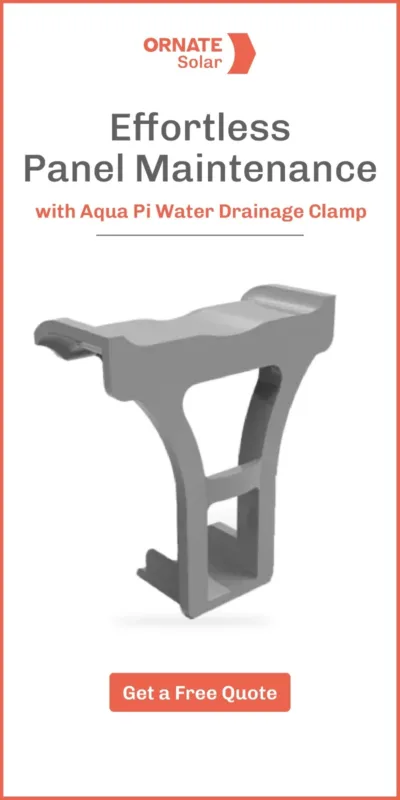



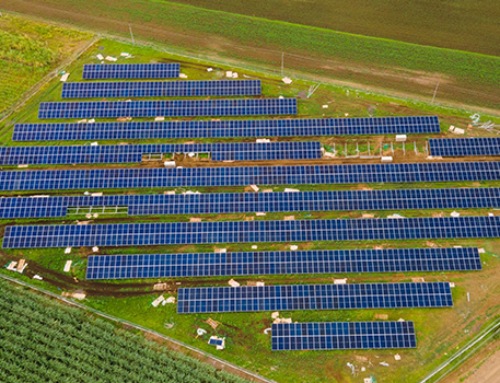
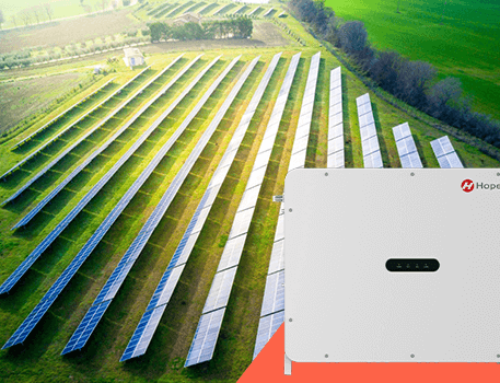

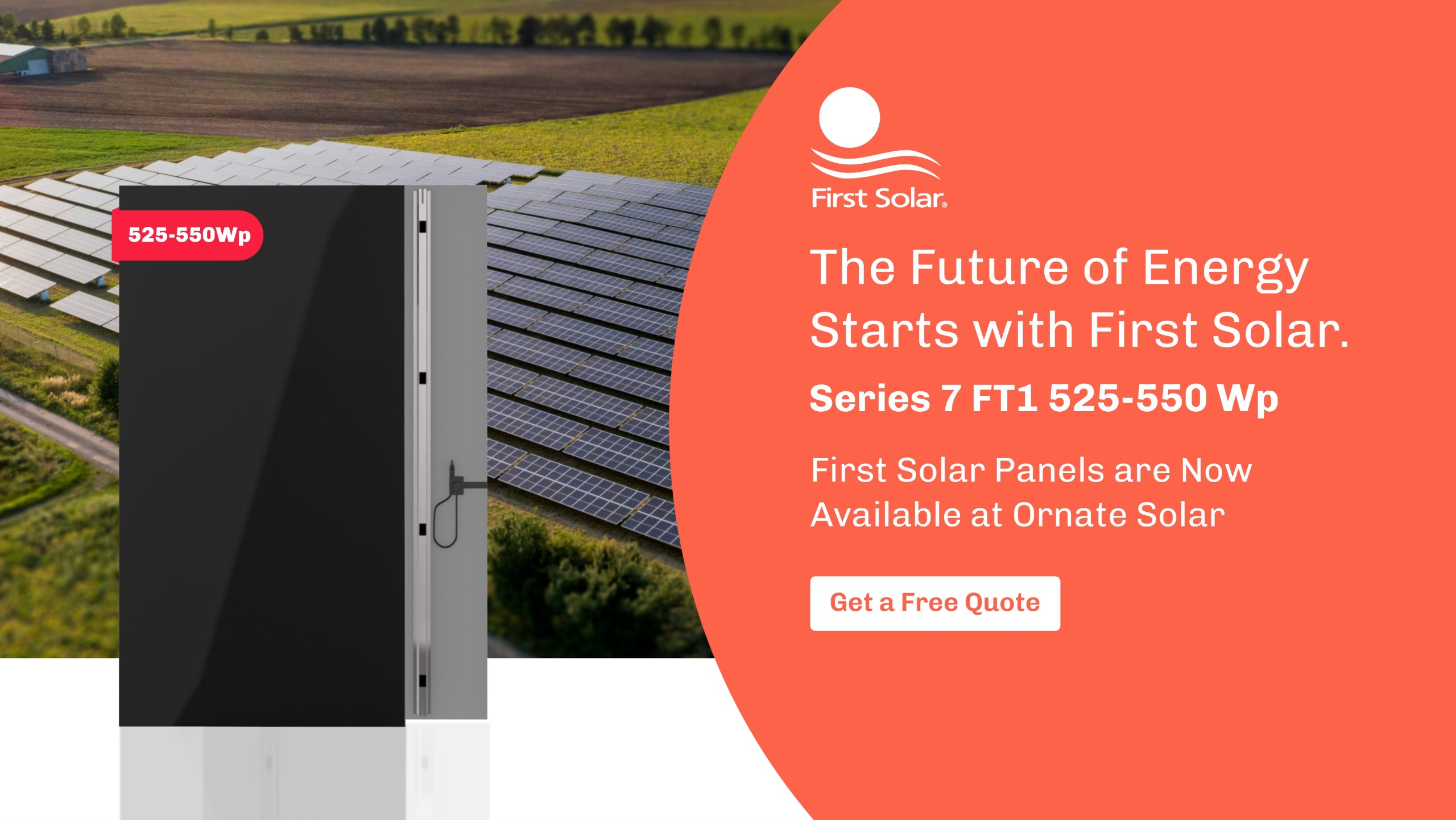
Leave A Comment